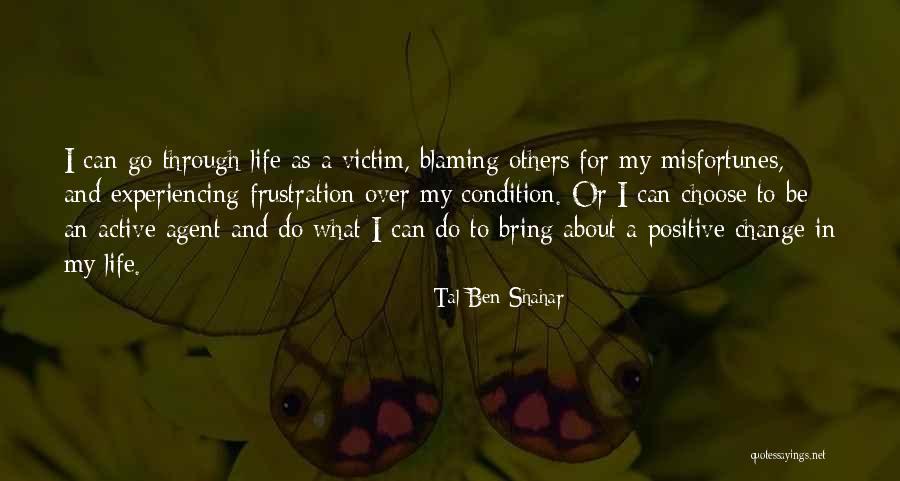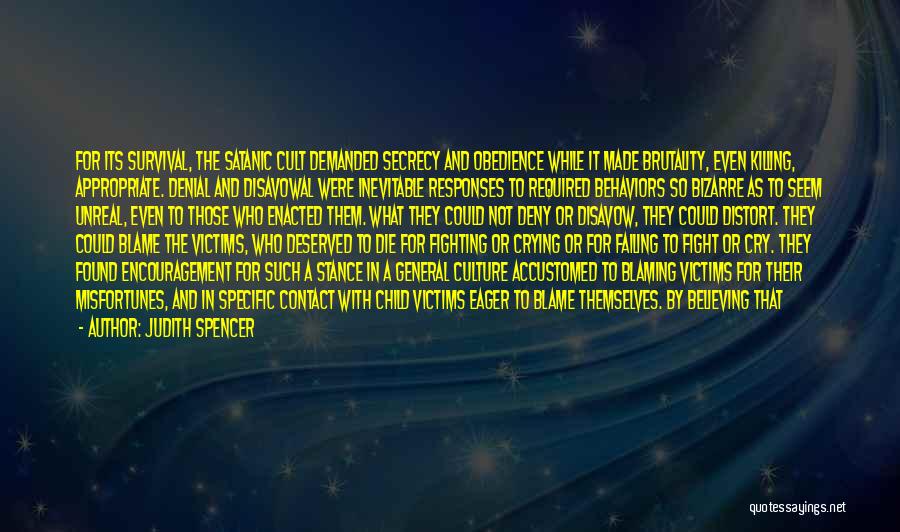Quotes & Sayings About Blaming Others For Your Misfortunes
Enjoy reading and share 5 famous quotes about Blaming Others For Your Misfortunes with everyone.
Top Blaming Others For Your Misfortunes Quotes

The easiest thing to do, whenever you fail, is to put yourself down by blaming your lack of ability for your misfortunes. — Washington Irving

I can go through life as a victim, blaming others for my misfortunes, and experiencing frustration over my condition. Or I can choose to be an active agent and do what I can do to bring about a positive change in my life. — Tal Ben-Shahar

Holding this book in your hand, sinking back in your soft armchair, you will say to yourself: perhaps it will amuse me. And after you have read this story of great misfortunes, you will no doubt dine well, blaming the author for your own insensitivity, accusing him of wild exaggeration and flights of fancy. But rest assured: this tragedy is not a fiction. All is true. — Honore De Balzac

There comes a certain point in life when you have to stop blaming other people for how you feel or the misfortunes in your life. You can't go through life obsessing about what might have been. — Hugh Jackman

For its survival, the satanic cult demanded secrecy and obedience while it made brutality, even killing, appropriate. Denial and disavowal were inevitable responses to required behaviors so bizarre as to seem unreal, even to those who enacted them. What they could not deny or disavow, they could distort. They could blame the victims, who deserved to die for fighting or crying or for failing to fight or cry. They found encouragement for such a stance in a general culture accustomed to blaming victims for their misfortunes, and in specific contact with child victims eager to blame themselves. By believing that victims had a choice when there was none, they could see victims as culpable. They could even see the deaths as right and purposeful in the nobility of sacrifice. — Judith Spencer





